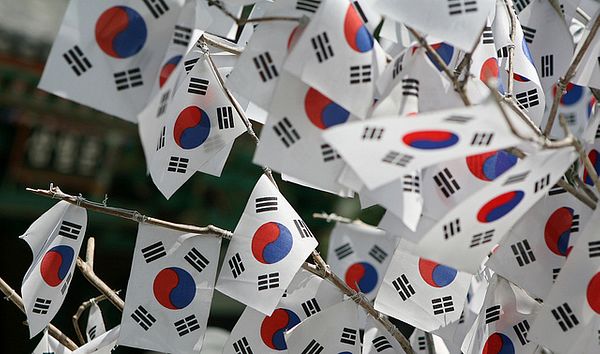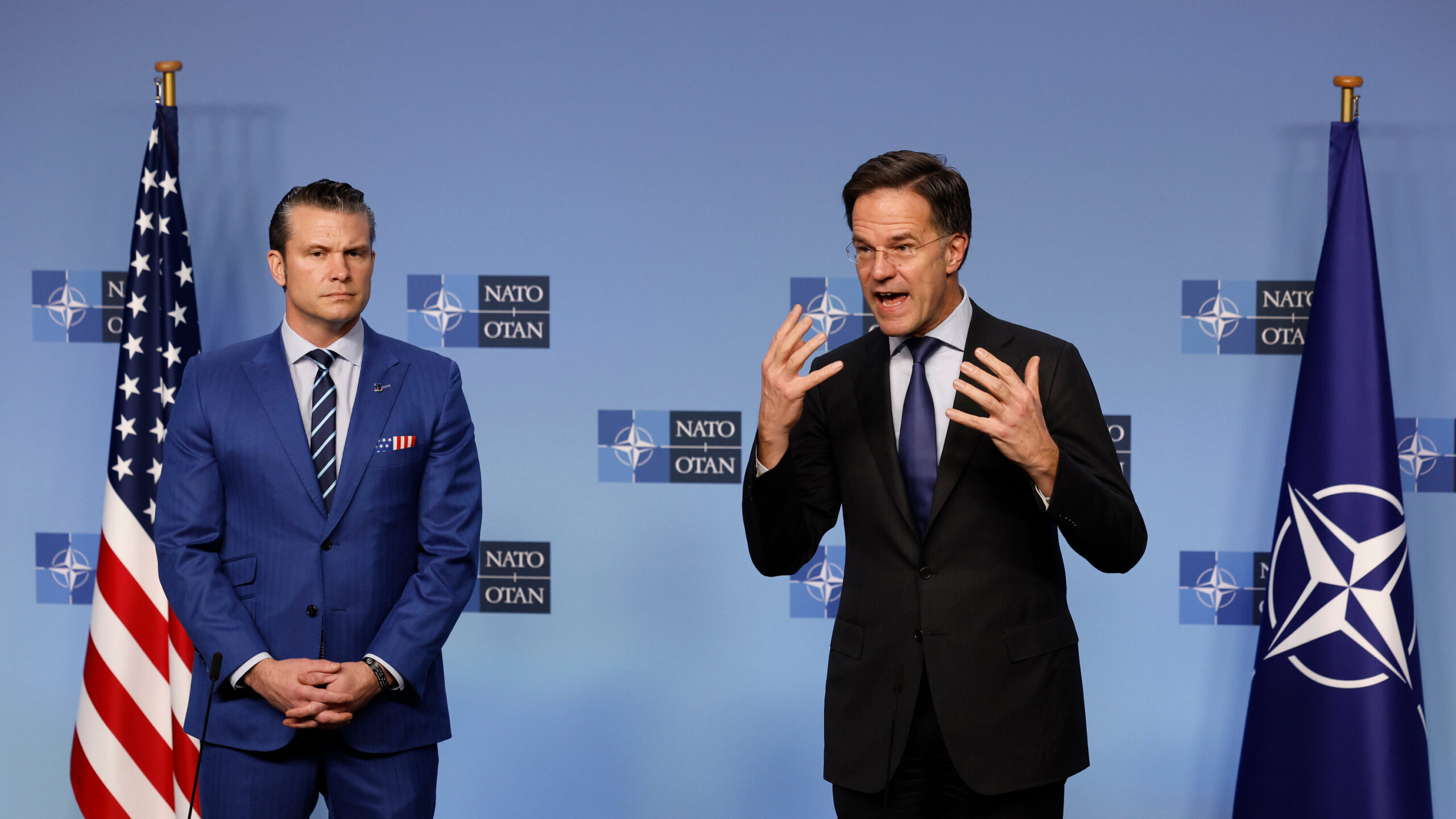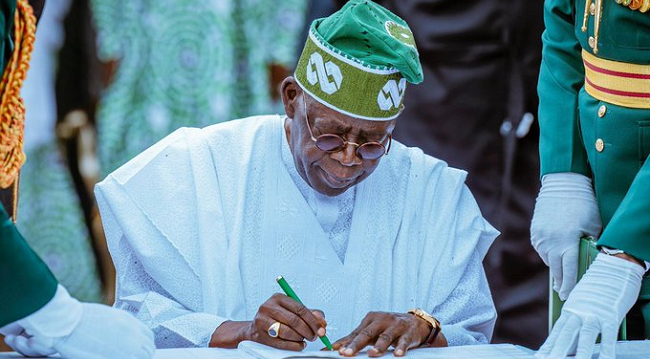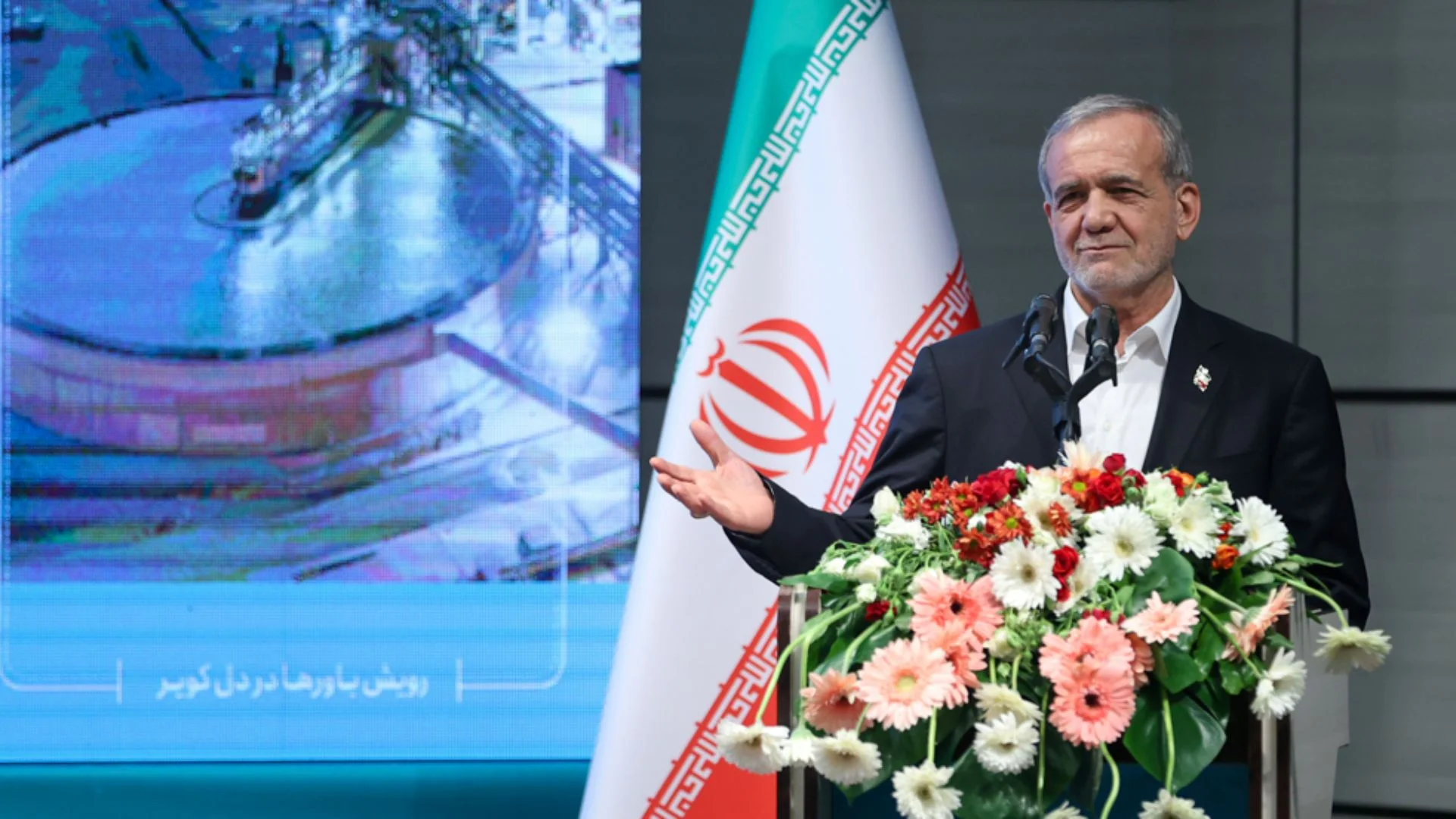South Korea is gearing up for a pivotal presidential election that will shape the nation’s future. Voters will head to the polls to select a new leader amid pressing issues such as economic recovery, national security, and foreign relations.
The election comes at a time of heightened tensions on the Korean Peninsula, particularly concerning North Korea’s nuclear ambitions. Candidates have focused on strategies to enhance national security while promoting diplomatic engagement with neighboring countries.
Key candidates include Lee Jae-myung from the Democratic Party and Yoon Suk-yeol from the main opposition People Power Party. Lee, the current governor of Gyeonggi Province, advocates for social welfare reforms and economic policies that benefit the working class. Yoon, a former prosecutor, emphasizes a tough stance on North Korea and seeks to strengthen ties with the United States.
Public sentiment is divided, with many voters expressing concerns over rising living costs and unemployment. The candidates are addressing these economic challenges, with proposals aimed at job creation and support for small businesses.
As the election date approaches, voter turnout is expected to be high, reflecting the importance of this decision for South Korea’s democratic process. The outcome will not only influence domestic policies but also affect the country’s stance in international relations. Analysts are closely watching the election, as it could signal shifts in South Korea’s political landscape and strategic direction.




